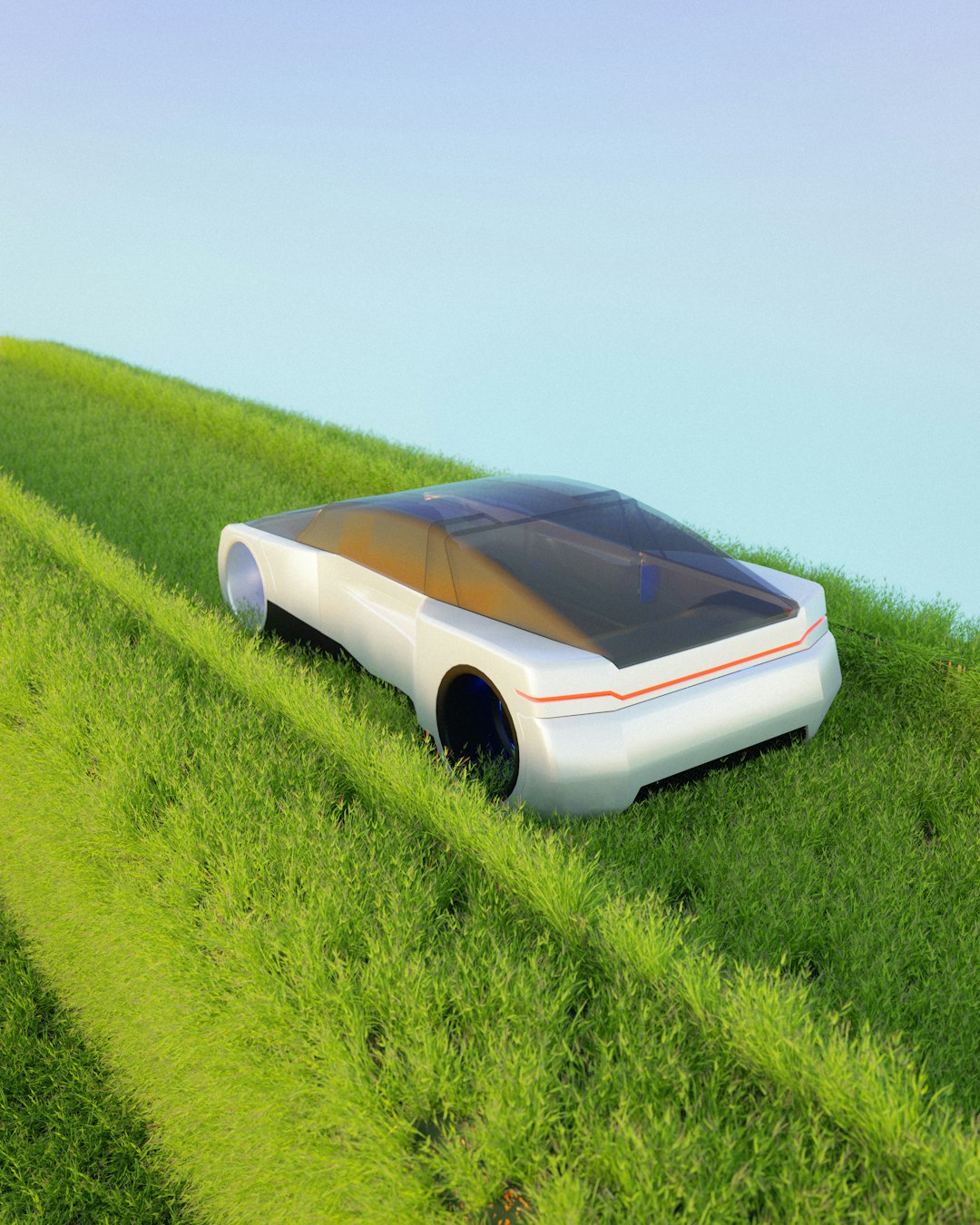It’s 2025, and the pulse of innovation beats stronger than ever across the United States. As world-leading companies and startups redefine what’s possible, the evolution of American technology continues to amaze and inspire. From artificial intelligence breakthroughs to sustainable energy systems, this year is shaping up to be an unforgettable chapter in the digital story of our time.
Welcome to Tech 2000, your definitive guide to the cutting-edge innovations steering the course of U.S. technology right now. In this article, we’ll dive deep into the transformative technologies, key players, and emerging trends that are defining 2025.
1. Artificial Intelligence in Everyday Life
No longer the stuff of science fiction, AI has become a central force in everyday American life. In 2025, we see seamless integration of AI into areas like healthcare, finance, education, and even law enforcement.
- AI-powered health diagnostics use biometric data to detect ailments in real-time, sometimes outmatching human doctors in accuracy.
- Smart cities are leveraging AI for traffic management, reducing congestion and cutting emissions.
- AI in education provides personalized learning modules based on students’ cognitive patterns and learning pace.

Enterprises are also adopting Generative AI tools to create content, program software, and even innovate new products — cutting development cycles by over 50% in some industries.
2. Quantum Computing’s Big Leap
2025 marks a breakout year for quantum computing. U.S.-based innovators such as IBM and Google have unveiled processors with over 1,000 stable qubits — a substantial step toward practical applications in areas like encryption, logistics, and drug discovery.
Key areas of impact include:
- Financial modeling: Quantum simulations allow firms to predict market behavior with enhanced accuracy.
- Pharmaceutical breakthroughs: New drugs are being designed using simulations of molecular behavior that traditional computers couldn’t handle.
- Cybersecurity: Quantum encryption is rendering legacy security systems obsolete, pushing a race for ‘quantum-safe’ protocols.
As government and private sectors invest heavily in quantum infrastructure, the coming years are poised to unlock capabilities once thought beyond reach.
3. The Rise of Sustainable Tech
With climate change at the forefront, sustainability has become more than just a buzzword. In 2025, tech companies are taking bold steps to combat environmental challenges using digital innovations.
- Advanced battery storage: New lithium-silicon and solid-state batteries offer longer life spans and faster charging times, catalyzing the EV revolution.
- Carbon capture tech: AI-monitored systems are now deployed in industrial facilities across the country, significantly reducing emissions.
- Smart farming: Data analytics and IoT-driven systems help optimize yield, reduce waste, and monitor soil health.

The U.S. is also leading in the development of energy-efficient AI hardware, addressing concerns about data centers’ environmental footprints.
4. Space Tech: The Final Frontier Becomes Closer
2025 is witnessing a space race of a new kind — not for exploration alone, but for economic potential. Companies like SpaceX, Blue Origin, and new entrants are setting sights on lunar mining, satellite internet, and deep-space tourism.
Notable developments include:
- Reusable rocket systems: These systems have now become operational at scale, slashing the cost of space missions.
- High-speed satellite internet: Rural and underserved areas in the U.S. are benefitting from global internet coverage via low-earth orbit constellations.
- AI-driven navigation and robotics: These systems are assisting in extraterrestrial terrain mapping and vehicle autonomy.
With the U.S. government increasing funding for NASA and space innovation accelerators, this decade could mark the beginning of continuous human presence on the Moon—and possibly Mars.
5. The Future of Augmented and Virtual Reality
Mixed reality has reached new heights in 2025. VR headsets are sleeker, AR glasses are common in business settings, and fully immersive digital meetings are now routine.
Key industries where AR/VR is making headway:
- Healthcare: VR-assisted surgeries and training simulations have become widespread.
- Education: Students attend field trips to ancient ruins and biotech labs — without leaving their classrooms.
- Retail: Virtual storefronts allow customers to ‘try before they buy’ using AR-mirrors.

As 5G and edge computing continue to enhance data transmission and reduce latency, the barriers to scale are rapidly disappearing.
Conclusion
From synthetic biology to brain-computer interfaces, the U.S. is pushing the envelope of what’s technologically possible in 2025. With Tech 2000 setting the pace, we’re not just imagining the future—we’re living it. Stay tuned, because the world of tech has never been more electrifying.


